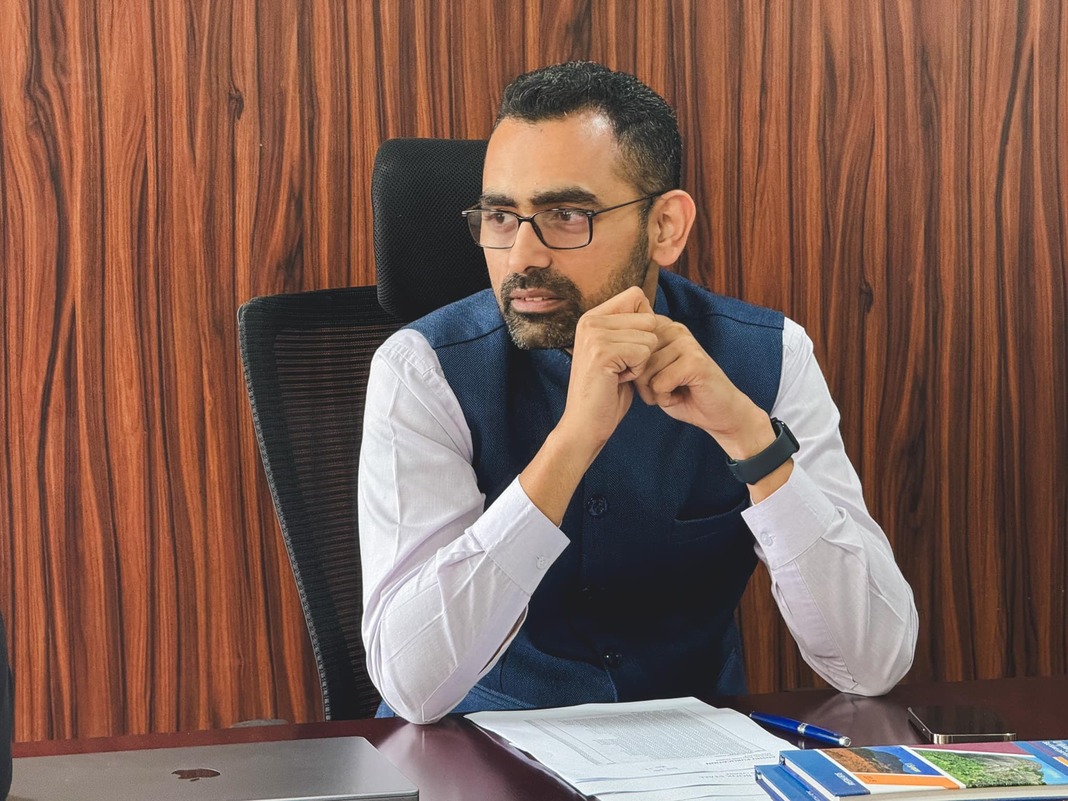APAAR ID designed to digitally maintain entire academic records of students
Shillong, Feb 15: The state government has asked schools to accelerate rollout of APAAR (Automated Permanent Academic Account Registry) IDs for students, implementation of which is at a nascent stage in Meghalaya.
The APAAR ID, a unique 12-digit digital identifier, is designed to maintain a seamless academic record from nursery to Class 12 and beyond.
Besides being a systemic repository of academic records, APAAR also aims at improving administrative efficiency of the institution and its stakeholders.
Acknowledging the slow progress of the initiative, School Education & Literacy director Swapnil Tembe said, “We have just started, and our implementation rate is currently at 1-2 per cent.
“Schools have been asked to accelerate the process,” he said following a meeting high-level education review meeting chaired by commissioner and secretary of Education department, Vijay Mantri.
“Every student in the country is supposed to have an APAAR ID, which will remain with them even in college. This ID will be required when transferring from one institution to another, and schools are responsible for generating it through the Unified District Information System for Education Plus (UDISE+),” Tembe explained.
He further emphasised that the system has undergone rigorous testing and is crucial for maintaining structured educational records.
The meeting also focused on addressing staffing shortages in government and SSA schools.
“We are currently reviewing vacancies, particularly in government schools. At present, there are approximately 500 vacancies in the combined Lower Primary and Upper Primary categories,” Tembe noted.
Additionally, the department has directed officials to enhance school inspections to improve oversight and accountability. Education officials have been instructed to increase monitoring visits, ensuring that schools operate efficiently and students receive necessary resources.
“The academic session began on February 10, and on the very first day, instructions were issued for education officials to visit schools and verify their functioning. Reports have already been submitted,” Tembe stated.
He further highlighted that school inspections would now be conducted regularly, with officials assessing teacher attendance, the distribution of books and uniforms, and the provision of midday meals.
To facilitate real-time data collection on school infrastructure and resources, the department has introduced a School Monitoring App.
“Officials visiting schools will now log details through the app, allowing us to track conditions remotely and ensure transparency,” Tembe added.




